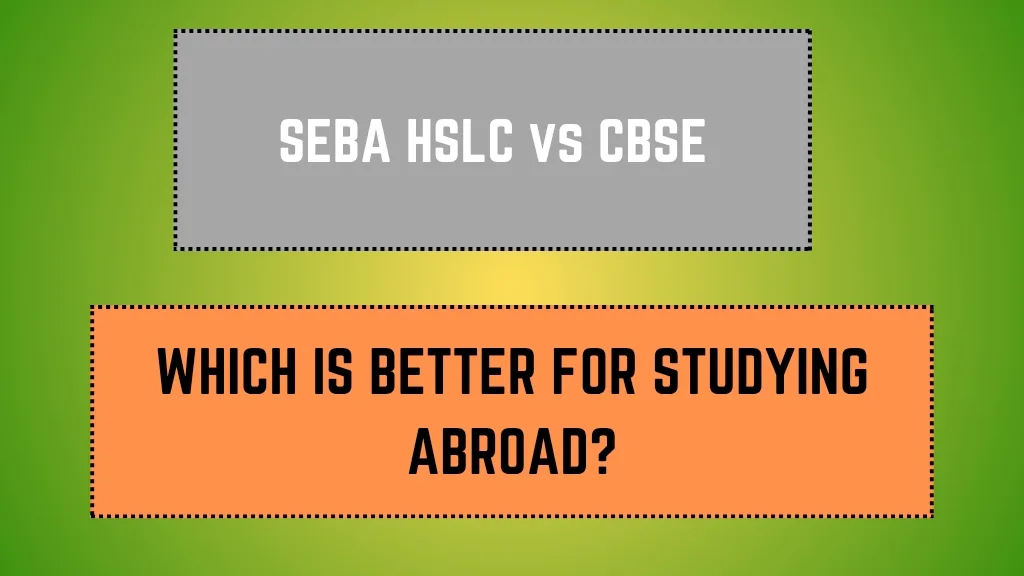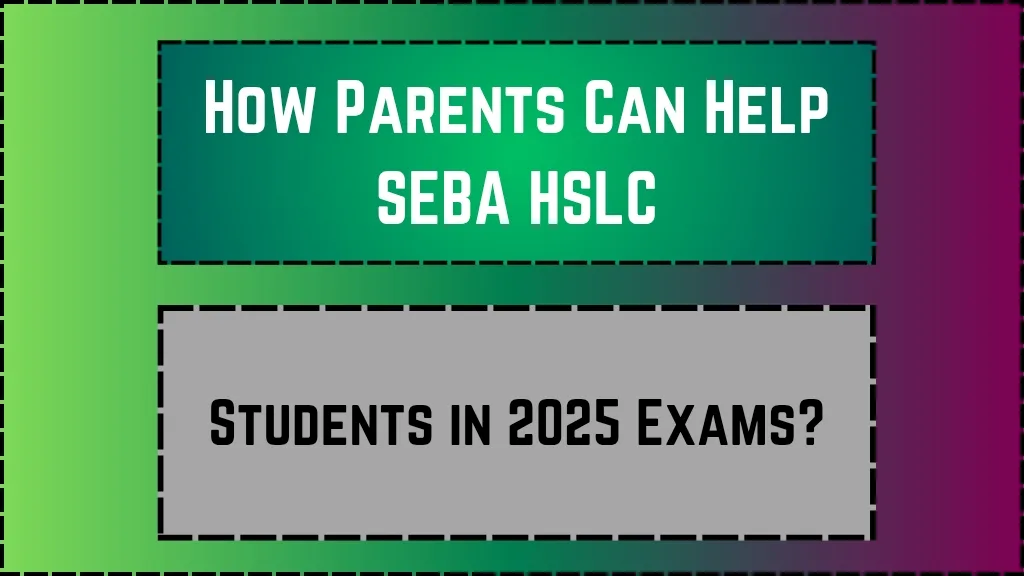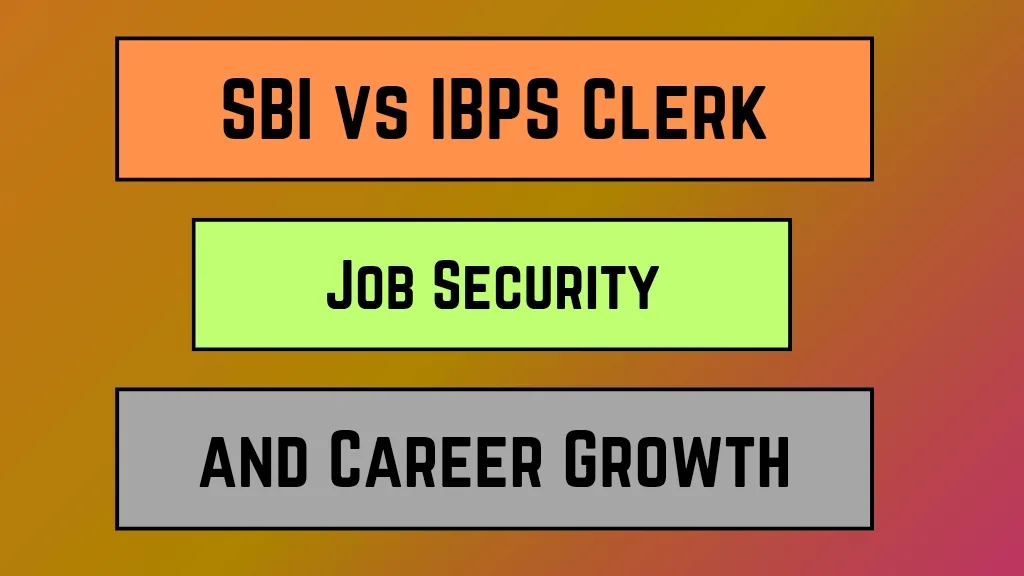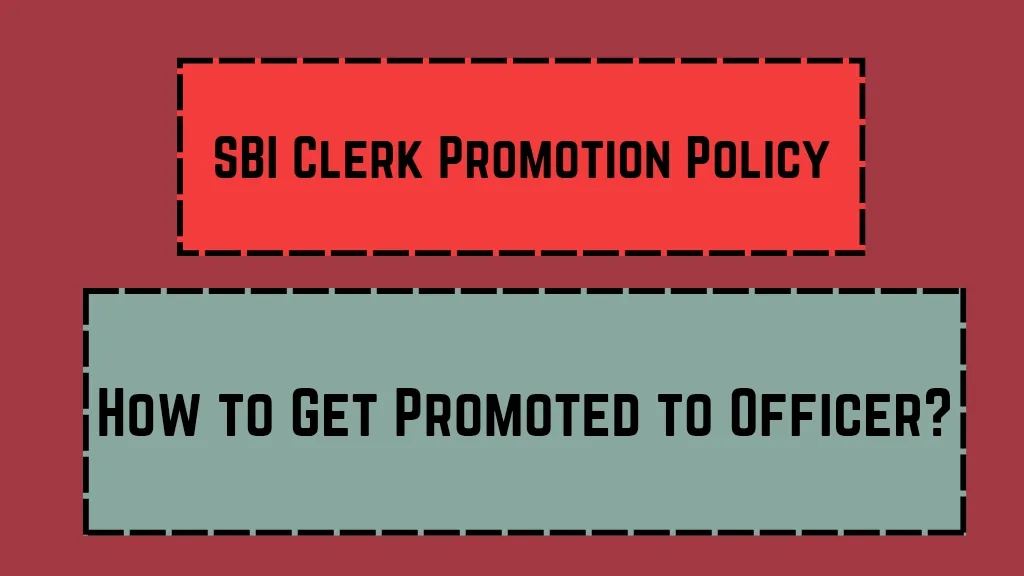Choosing the right board—SEBA HSLC (Assam Board) or CBSE—can make or break your dreams of studying abroad. While CBSE is widely recognized globally, SEBA HSLC students often wonder if their board holds the same weight. This guide breaks down the key differences, acceptance rates, and expert opinions to help you decide. Plus, we’ll share real-life student experiences and data-backed insights—so you can pick the best path for your international education goals.
Key Highlights 📌
| Aspect | SEBA HSLC | CBSE |
|---|---|---|
| Organization | ABC (SEBA) | CBSE |
| Global Recognition | Moderate | High |
| Curriculum Focus | Regional-heavy | National/International |
| Exam Difficulty | Moderate | Challenging |
| Grading System | Percentage-based | CGPA-based |
| Study Abroad Acceptance | Case-by-case | Widely accepted |
| Competitive Exam Prep | Limited | Strong |
| Language Emphasis | Assamese/English | English-dominated |
| Official Website | sebaonline.org | cbse.gov.in |
Global Recognition: Does SEBA HSLC Hold Up? 🌐
CBSE’s Edge in International Admissions
CBSE is a globally recognized board, preferred by universities in the US, UK, Canada, and Australia. Its standardized curriculum aligns with international education systems, making credit transfers smoother.
Expert Insight:
“CBSE students often find it easier to meet eligibility criteria abroad because their syllabus overlaps with programs like IB and A-Levels.”
— Dr. Priya Menon, Education Consultant
SEBA HSLC’s Standing
SEBA isn’t as widely known, but that doesn’t mean it’s rejected. Some universities evaluate individual transcripts or require additional tests (SAT/ACT).
Real-Life Example:
Rahul (SEBA HSLC 95%) got into the University of Sydney after submitting a strong SAT score (1450). His advice? “Focus on extracurriculars—they matter more than your board.”
Curriculum Comparison: Which Prepares You Better? 📚
SEBA HSLC Syllabus
- Pros: Strong regional focus (Assamese, local history).
- Cons: Limited STEM depth compared to CBSE.
CBSE Syllabus
- Pros: Standardized STEM-heavy curriculum, better for engineering/medicine.
- Cons: Less flexibility in subject choices.
| Subject | SEBA HSLC | CBSE |
|---|---|---|
| Maths | Basic | Advanced |
| Science | Theory-heavy | Practical-focused |
| Languages | Regional + English | English-dominated |
Grading Systems: How Do They Convert? 📊
SEBA HSLC (Percentage-based)
- 90%+ = Excellent
- 75-89% = Good
- Below 60% = Risky for top unis
CBSE (CGPA System)
- 10 CGPA = 95%+
- 9 CGPA = 85-94%
Pro Tip:
Most foreign universities convert grades—CBSE’s CGPA system is easier to interpret.
Extracurriculars & Competitive Exams 🏆
CBSE’s Advantage
- Stronger JEE/NEET prep.
- More Olympiad participation.
SEBA’s Challenge
- Fewer resources for SAT/AP exams.
Expert Insight:
“If you’re from SEBA, start SAT prep early—it balances the recognition gap.”
— Amit Kumar, Study Abroad Coach
Real Student Experiences 🎓
| Student | Board | Admitted To | Key Takeaway |
|---|---|---|---|
| Neha | CBSE | University of Toronto | “CBSE’s NCERT helped in SAT Math.” |
| Arjun | SEBA HSLC | University of Manchester | “Took AP Calculus to strengthen my profile.” |
Final Verdict: Which Should You Choose? ✅
- Pick CBSE if: You’re aiming for STEM, competitive exams, or top-tier unis.
- Pick SEBA if: You’re confident in supplementing with SAT/APs and extracurriculars.
Did You Know?
Some German universities accept SEBA HSLC but require a 1-year preparatory course.
Neha Patel is a career guidance writer specializing in exam results and admit cards. With a Master’s in Human Resources and 8+ years of experience, Neha loves helping students navigate their academic journeys. She enjoys practicing yoga.







